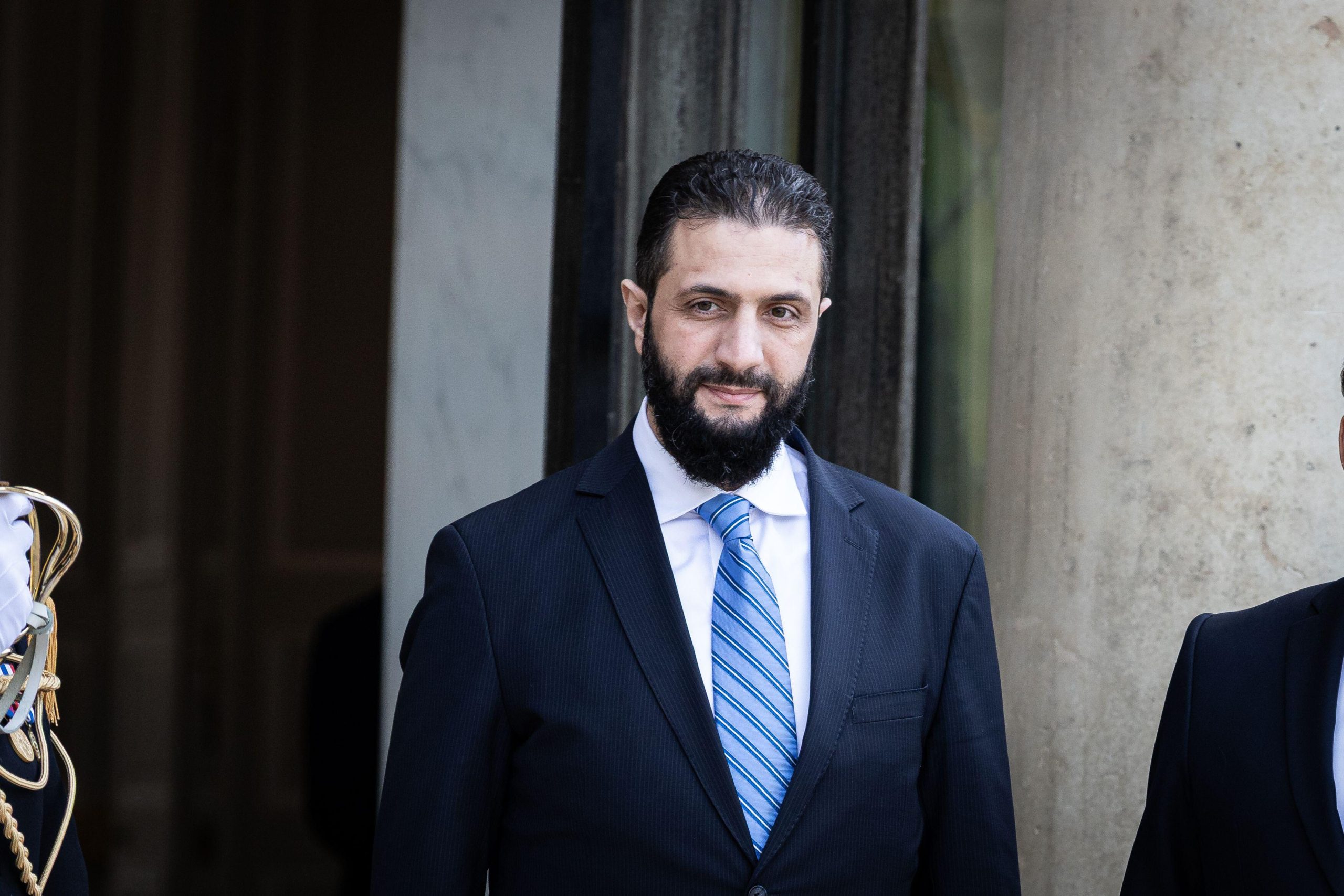Human Rights Watch called on the Iraqi government to suspend its media regulations. The regulations, which impose tight restrictions on the country’s broadcast media, have been enforced by the Communication and Media Commission (CMC) in order to silence the broadcasters who encourage ‘incitement of sectarianism.’ “These restrictions open the door to politically motivated discrimination in the regulation and licensing of broadcasters” claims Joe Stork, deputy Middle East director at Human Rights Watch. The organisation claims the government can prohibit speeches and that incite the violence but the vague definition endangers the international norms of freedom of expression. The new restrictive Iraqi broadcast rules have been compared to the Afghan government’s ban on the filming and live broadcasting of militant attacks, approved on March 2010.
NEWS
Support free expression for all
At Index on Censorship, we believe everyone deserves the right to speak freely, challenge power and share ideas without fear. In a world where governments tighten control and algorithms distort the truth, defending those rights is more urgent than ever.
But free speech is not free. Instead we rely on readers like you to keep our journalism independent, our advocacy sharp and our support for writers, artists and dissidents strong.
If you believe in a future where voices aren’t silenced, help us protect it.
At Index on Censorship, we believe everyone deserves the right to speak freely, challenge power and share ideas without fear. In a world where governments tighten control and algorithms distort the truth, defending those rights is more urgent than ever.
But free speech is not free. Instead we rely on readers like you to keep our journalism independent, our advocacy sharp and our support for writers, artists and dissidents strong.
If you believe in a future where voices aren’t silenced, help us protect it.
At Index on Censorship, we believe everyone deserves the right to speak freely, challenge power and share ideas without fear. In a world where governments tighten control and algorithms distort the truth, defending those rights is more urgent than ever.
But free speech is not free. Instead we rely on readers like you to keep our journalism independent, our advocacy sharp and our support for writers, artists and dissidents strong.
If you believe in a future where voices aren’t silenced, help us protect it.
At Index on Censorship, we believe everyone deserves the right to speak freely, challenge power and share ideas without fear. In a world where governments tighten control and algorithms distort the truth, defending those rights is more urgent than ever.
But free speech is not free. Instead we rely on readers like you to keep our journalism independent, our advocacy sharp and our support for writers, artists and dissidents strong.
If you believe in a future where voices aren’t silenced, help us protect it.
At Index on Censorship, we believe everyone deserves the right to speak freely, challenge power and share ideas without fear. In a world where governments tighten control and algorithms distort the truth, defending those rights is more urgent than ever.
But free speech is not free. Instead we rely on readers like you to keep our journalism independent, our advocacy sharp and our support for writers, artists and dissidents strong.
If you believe in a future where voices aren’t silenced, help us protect it.
By Intern
READ MORE
-

The week in free expression: 14-20 June 2025
Index rounds up of some of the key stories covering censorship and free expression from the past seven days
-

I was once a journalist in Gaza – now I’m a refugee in Egypt
Denied the right to do my job, I’ve gone from reporting on the frontlines of the Israeli military campaign to fighting for my survival in exile
-

The week in free expression: 31 May–6 June 2025
Index rounds up of some of the key stories covering censorship and free expression from the past seven days
-

The threat minorities face in Syria
Recent violence in the coastal regions of the country has seen the Alawite community targeted. What does the new leadership mean for coexistence of...
